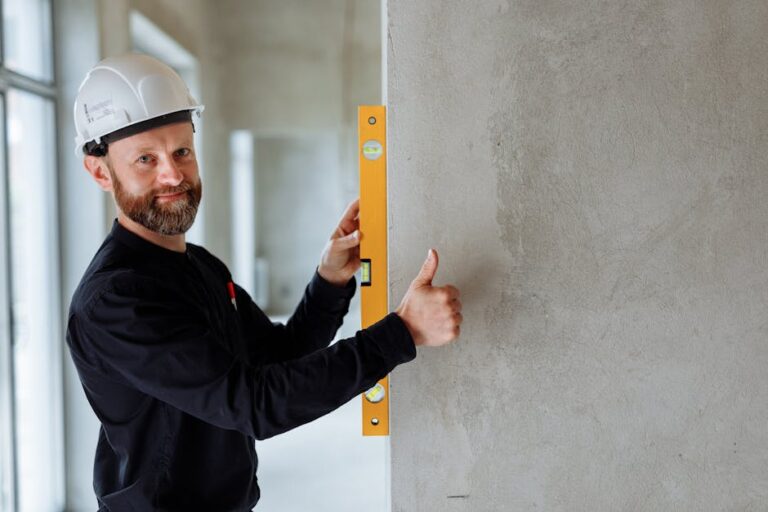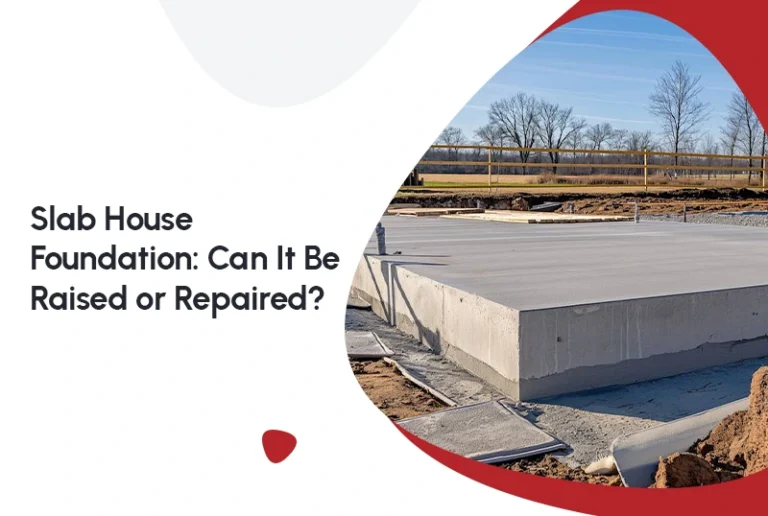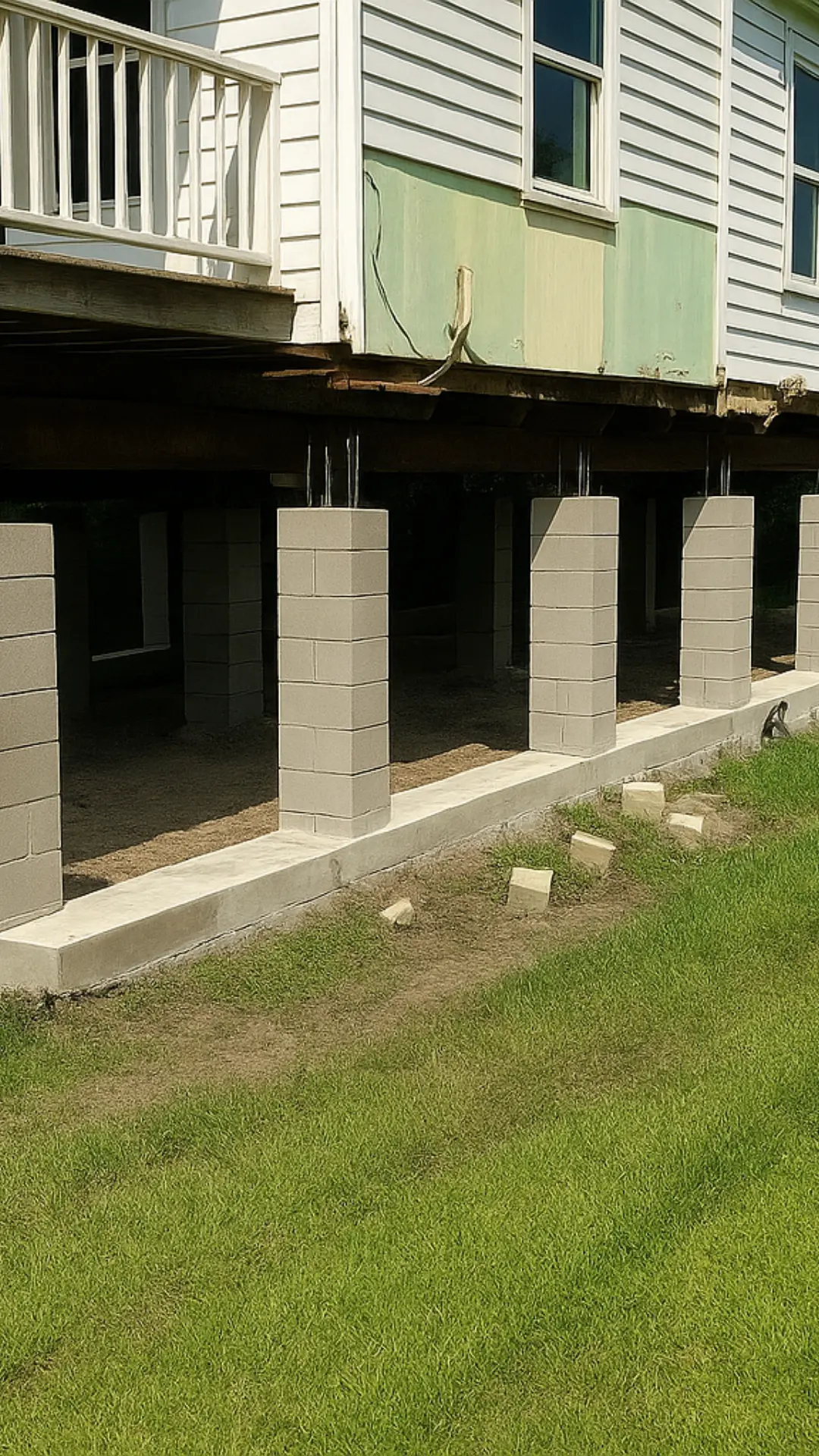Selecting the right micro tunneling contractors is critical for the success of any trenchless infrastructure project. Micro tunneling offers a non-invasive, accurate, and efficient solution for installing underground utilities, but only skilled contractors can deliver the precision and reliability required. Whether you’re planning plumbers slab leak repair or large-scale municipal upgrades, understanding what sets top contractors apart ensures your investment delivers lasting results.
1. Proven Technical Expertise
A reputable micro tunneling contractor brings years of hands-on experience and a portfolio of successful projects. Their team should have deep knowledge of microtunnel boring machines (MTBMs), advanced guidance systems, and the ability to adapt to varying ground conditions. This technical mastery ensures accurate alignments and minimal surface disruption, which is especially important for projects like concrete footings in urban environments.
2. Comprehensive Project Planning
Top contractors excel in project planning and coordination. They conduct thorough geotechnical investigations, analyze soil and groundwater conditions, and develop detailed execution strategies. This minimizes risks, prevents delays, and ensures that every phase—from shaft construction to final pipe jacking—is executed flawlessly. Effective planning also includes clear communication with all stakeholders, including general contractors and utility providers.
3. Advanced Equipment and Technology
Leading micro tunneling contractors invest in state-of-the-art equipment. Modern MTBMs, laser guidance, and closed-loop slurry systems are essential for precision and environmental protection. These technologies allow for the installation of pipelines beneath roads, railways, and sensitive areas with minimal impact, making them ideal for Pier & Beam Foundation Repair projects that demand both accuracy and care.
4. Safety and Environmental Commitment
Safety is non-negotiable. Reliable contractors prioritize worker safety through remote operation, continuous monitoring, and strict adherence to safety protocols. They also implement environmentally responsible practices, such as closed-loop slurry systems that prevent groundwater contamination and reduce waste. This commitment protects both workers and the surrounding community.
5. Strong Local Reputation and References
A contractor’s reputation reflects their reliability and quality of service. Look for companies with positive client testimonials, a strong local presence, and a proven track record in your region. Local expertise is invaluable for navigating permitting, regulations, and unique geological challenges, especially for projects like house leveling in diverse environments.
6. Transparent Pricing and Detailed Proposals
Trustworthy micro tunneling contractors provide transparent, itemized proposals that outline all costs and project phases. They avoid hidden fees and are clear about what is included in their services. This transparency builds trust and helps clients make informed decisions.
7. Responsive Communication and Support
Effective communication is essential throughout every stage of the project. Leading contractors maintain open lines of communication, provide regular progress updates, and are responsive to client questions and concerns. This ensures that any issues are addressed promptly, keeping the project on track.
8. Adaptability and Problem-Solving Skills
Micro tunneling projects often present unforeseen challenges, from unexpected soil conditions to utility conflicts. Top contractors demonstrate adaptability, leveraging their experience and resources to solve problems quickly and efficiently. Their proactive approach minimizes downtime and ensures project milestones are met.
9. Commitment to Quality and Compliance
Quality assurance and regulatory compliance are cornerstones of professional micro tunneling contractors. They adhere to industry standards, use high-quality materials, and implement rigorous quality control measures at every step. This dedication guarantees durable, long-lasting results.
- For issues related to underground leaks, explore our specialized plumbers slab leak repair services.
- Need robust foundations? Learn more about our concrete footings solutions for lasting stability.
- Address structural concerns with our expert Pier & Beam Foundation Repair services.
- Ensure your property’s stability with comprehensive house leveling solutions.
Conclusion
Choosing the right micro tunneling contractors is essential for successful, efficient, and safe underground construction. By focusing on technical expertise, planning, technology, safety, and local reputation, you ensure your project is in capable hands. For all your micro tunneling needs, trust a partner dedicated to quality, transparency, and customer satisfaction.
FNF Foundation – Setting the Standard in Micro Tunneling Excellence
Frequently Asked Question
What is micro tunneling and how does it work?
Micro tunneling is a trenchless construction method using remotely operated boring machines to install pipes and utilities underground with minimal surface disruption. The process relies on advanced guidance systems and closed-loop slurry removal for precision and safety.
Why choose micro tunneling over traditional excavation?
Micro tunneling offers greater accuracy, reduced surface disruption, and improved safety compared to open-cut excavation. It’s ideal for projects in congested urban areas, beneath highways, or in environmentally sensitive locations.
What should I look for in a micro tunneling contractor?
Key qualities include technical expertise, advanced equipment, thorough planning, strong safety records, local experience, transparent pricing, and responsive communication.
How is micro tunneling used in foundation repair?
Micro tunneling enables the installation of support structures and utilities beneath existing buildings without disturbing the surface, making it ideal for foundation repair and house leveling projects.
How do contractors ensure safety during micro tunneling?
Safety is ensured through remote operation, continuous monitoring, strict safety protocols, and the use of advanced equipment that minimizes risks to workers and the public.







